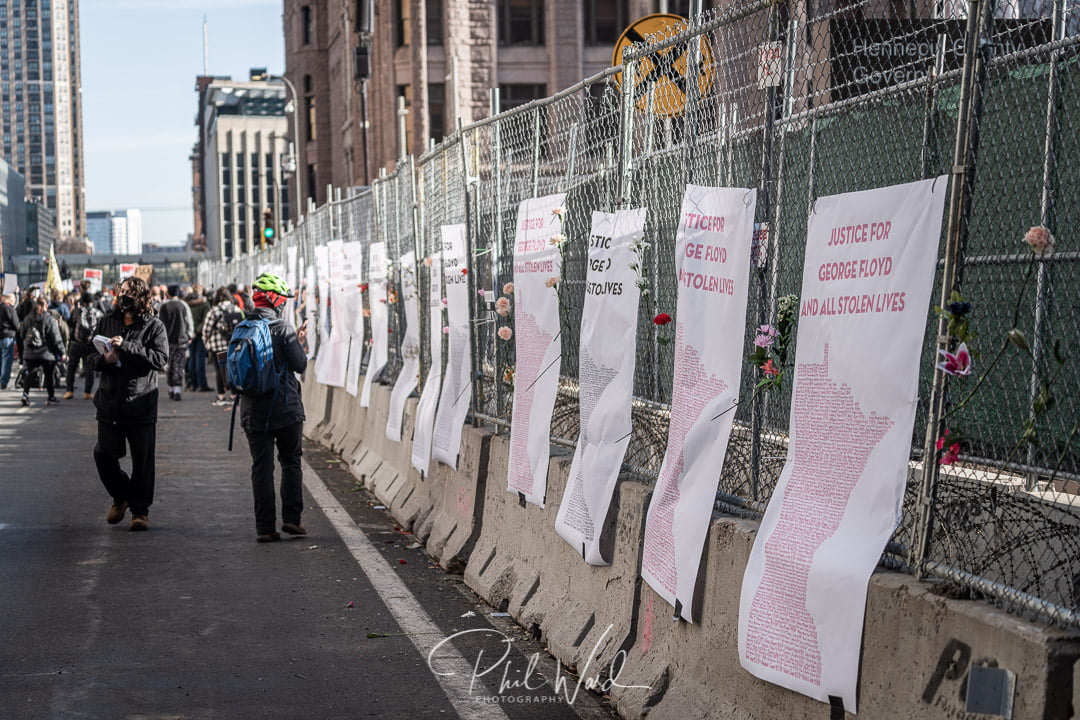On the fourth day of the murder trial of Derek Chauvin, Courteney Ross – George Floyd’s girlfriend of nearly three years – shared their struggles with opioid addiction.
“We both suffer from chronic pain,” explained Ross. “Mine was in my neck, his was in his back. We both had prescriptions that were filled. And we got addicted. We tried hard to break that addiction many times.”
It’s worth noting that in the first week of the trial, there’s been a lot of discussion of Floyd’s character, even though it’s Chauvin who is on trial. Racial justice scholar Yohuru Williams says in cases like this, it’s typical that the burden of character falls on the victim.
“Unfortunately, in a legal context like this, you often have more protections for the person who’s on trial,” said Williams.
Williams says it’s fortunate so much of the incident was captured on video. “This incident is documented from so many different perspectives,” said Williams. “And all of those seem to bear out the idea that George Floyd, while certainly agitated by the arrest and what was happening, didn’t do anything to provoke what we ultimately witnessed. 2:01
Now-retired Minneapolis Police Sergeant David Pleoger was Chauvin’s supervisor in May of 2020. He testified that putting a knee on someone’s neck is an acceptable use of force as long as the subject is resisting arrest.
Pleoger says he believes the physical restraint should have ended “when Mr. Floyd was no longer offering up any resistance to the officers.”
Minneapolis Police Chief Arradondo is expected to testify in court Friday.
Samantha HoangLong reporting for the Racial Reckoning project
Opioid Addiction and Excessive Force

